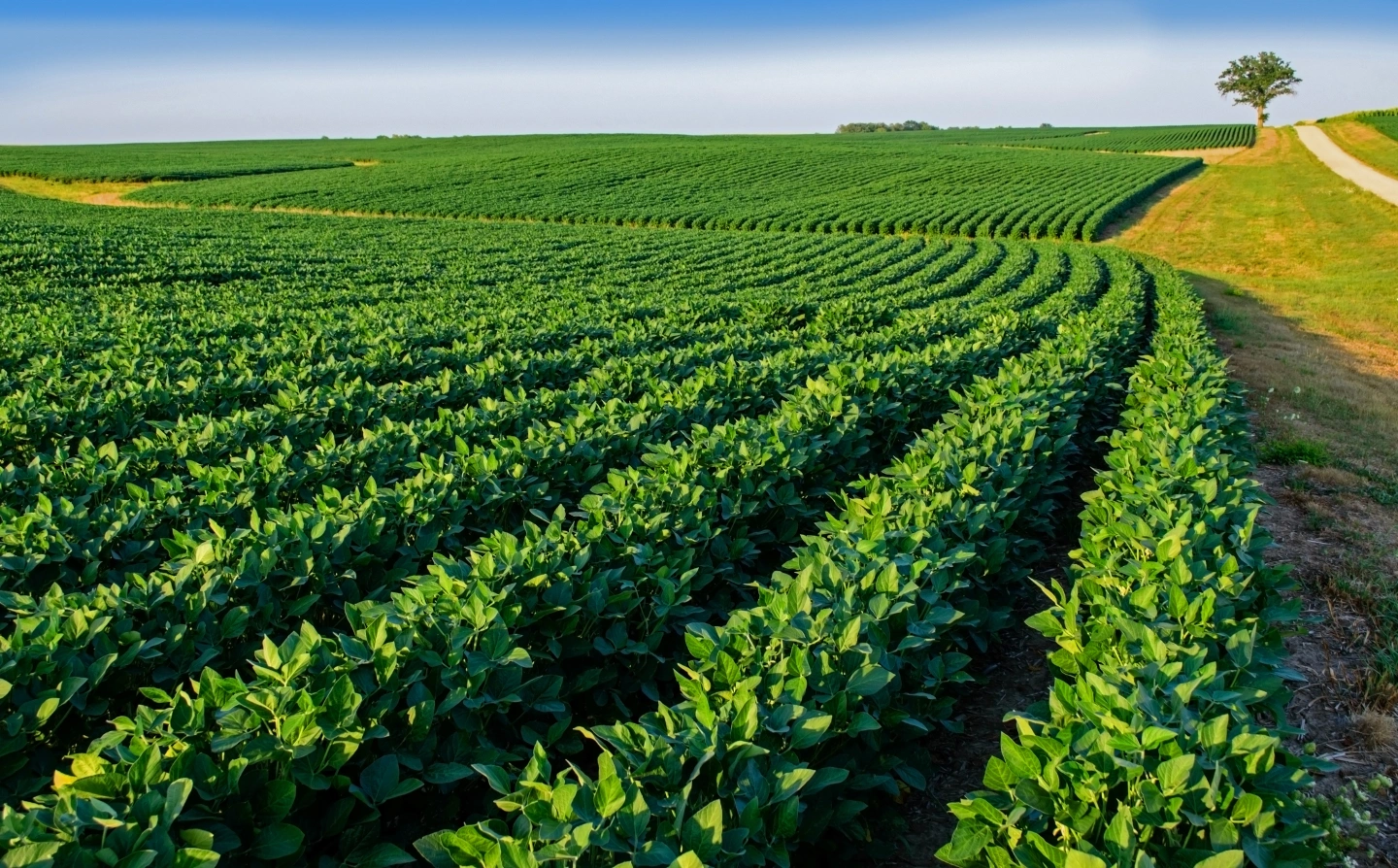Many of the world’s largest companies are already partnering with farmers and ranchers to adopt practices to increase resilience and reduce risk across the industry. But to realize the full benefits, more companies must join in—and at greater scale.
Drawing on extensive research and interviews with more than 20 major companies and sector stakeholders, this report highlights both the opportunities and barriers companies and financial institutions face in scaling sustainable, resilient agricultural practices.
Our analysis finds four key takeaways:
Collaboration is essential. Because companies often source from the same supply sheds, working together can unlock shared solutions.
Lowering barriers increases participation. Supply chain programs are mostly financed by large companies that focus on the “hero ingredients” that dominate their sourcing. Co-investment expands efforts beyond these commodities and allows smaller companies to participate.
Streamlined accounting could enable co-investment. Companies are spending too much on measuring, monitoring, reporting, and verifying results. More are turning to insetting—regional, collaborative investments in sourcing areas—though reporting standards are still evolving.
Innovation can bring financial institutions to the table. Food and ag companies can’t fund the scaling of sustainable and resilient agriculture alone —financial institutions must play a role, especially amid uncertain public funding.
